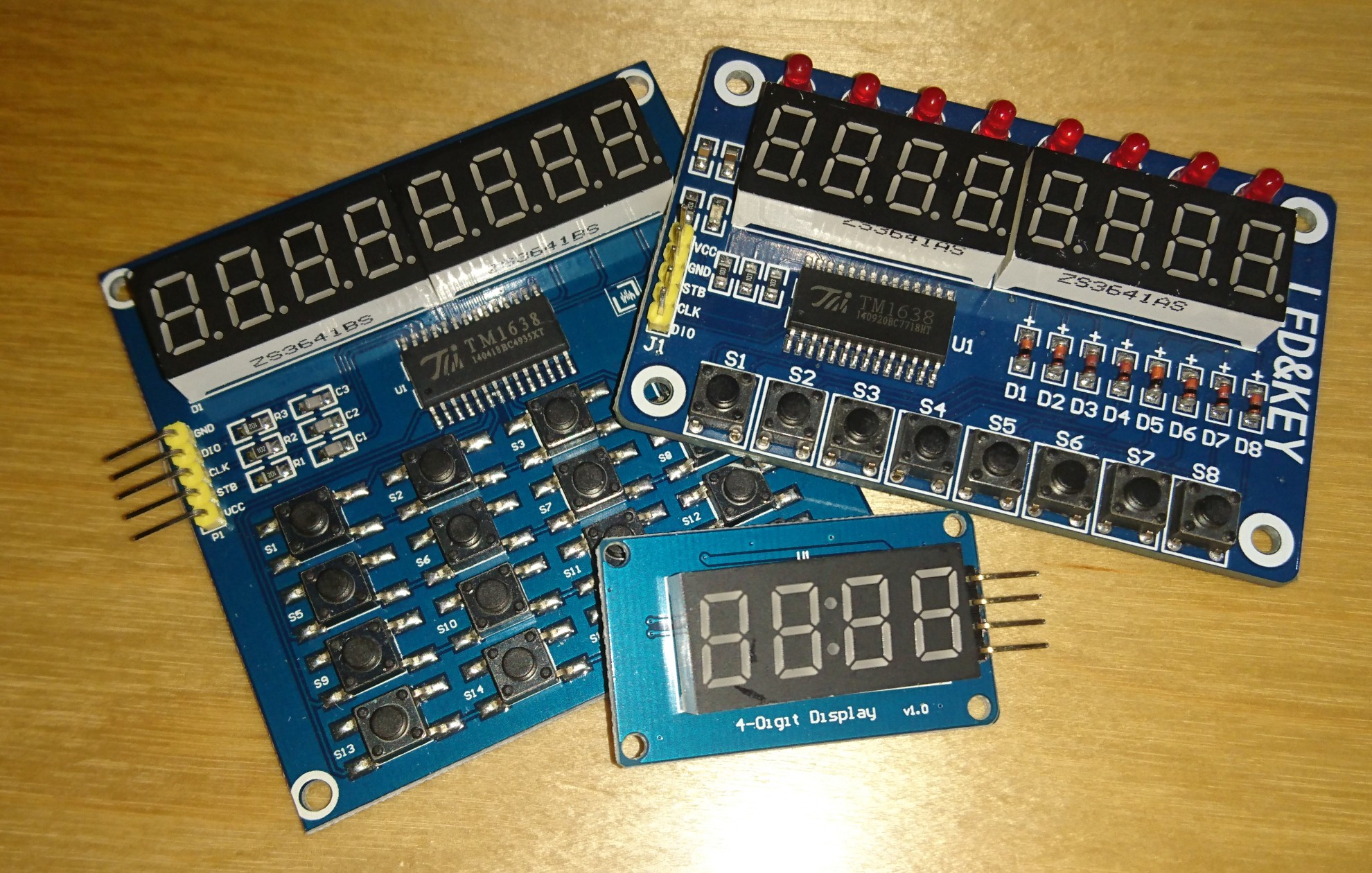

- #GITHUBB AND ARDUINO LIBRARIES HOW TO#
- #GITHUBB AND ARDUINO LIBRARIES CODE#
- #GITHUBB AND ARDUINO LIBRARIES LICENSE#
You can add subfolders to src if you have many files in your library. Everything in the src folder will be compiled when a user adds the library to their project and compiles it. h files) that define the library's behavior. Src is the folder that contains the actual library files (. If your library controls LEDs, for example, you should include an example called examples/control/control.ino that demonstrates how someone could use the library in a typical application. Library file structure OverviewĮvery Particle library complies with the following file structure that will be automatically generated when a new library is initialized: MyLibrary/Įxamples is the folder that contains the example applications that reference your library with one example per directory. See Workbench pseudo-libraries, below, for more information. This technique is not available in the Web IDE, however we also do not recommend the Web IDE for product development.
#GITHUBB AND ARDUINO LIBRARIES CODE#
This allows private sharing of code between multiple users (unlike private libraries), along with robust change logging and version control. If you are using Particle Workbench or the Particle CLI, you may also want to store shared code across firmware or products using pseuo-libraries in a source code control system like Github. Private libraries can be published as public libraries at any time by the author of the library using the particle library publish command. Private libraries are libraries that have been uploaded to the Particleĭevice Cloud for reuse with many projects, but are only visible to the individual who created and submitted the library.


Verified libraries float to the top of library searches, improving the visibility of the library within the Particle ecosystem. The library includes testing instructions ( verification.txt) that anyone can follow to independently verify that the library is working as expected. The library compiles on all relevant hardware platforms and performs as intended. The library has been reviewed for quality.
#GITHUBB AND ARDUINO LIBRARIES HOW TO#
It contains in-line comments that document proper usage of the library and contains example applications that demonstrate how to use each of the included functions. Verified libraries are community-contributed libraries that have been reviewed and confirmed by members of the Particle team to meet the following criteria: Official libraries are libraries that were created by members of the Particle team and are designed to be used with Particle hardware.Īll Particle libraries meet the same quality standards as Verified libraries, and appear in the library list with the Particle logo next to them.
#GITHUBB AND ARDUINO LIBRARIES LICENSE#
Note that a library may have its own associated open source license that limits or restricts redistribution or commercialization of the library. The availability of such a large number of libraries in a single place makes developing IoT products on the Particle platform fast and simple. All public libraries are available for public consumption through our development tools and via our Libraries API. The vast majority of Particle libraries are developed and maintained by the Particle community and made available for broader use via the Particle libraries ecosystem. Search and browse libraries Kinds of libraries Public libraries You can learn more about libraries with dependencies in the Library file structure section below. A good example is our internet-button library, which depends on the popular neopixel library for controlling NeoPixel LEDs. If your library requires another external library as a dependency, it is easy to specify the particular library and even version of the library that your library depends on. Particle libraries can include and depend on other Particle libraries. All of the most popular Arduino libraries are already available through our libraries system, and many others can be easily modified for compatibility. We've worked hard to ensure that our firmware API contains all of the most commonly used Arduino functions and firmware commands so that many Arduino libraries can be submitted into the Particle library ecosystem without modification or minimal modification. Most Arduino libraries are compatible with Particle. Libraries also make it possible to easily maintain and reuse common code blocks, as well as incorporate and leverage existing third party libraries from the Particle ecosystem. Leveraging high quality libraries to build Internet-connected projects and applications can significantly reduce the risk, time, and cost associated with creating IoT product or device. Simply stated, a Particle library is a collection of reusable firmware code that can be easily added to one or many Particle projects. Libraries are a central part of project development on the Particle platform leveraged by thousands of engineers in our community.


 0 kommentar(er)
0 kommentar(er)
